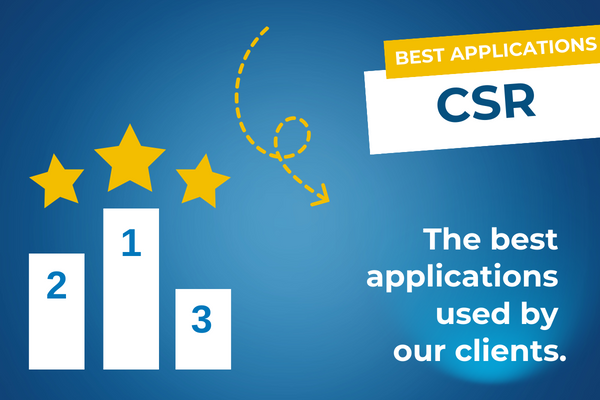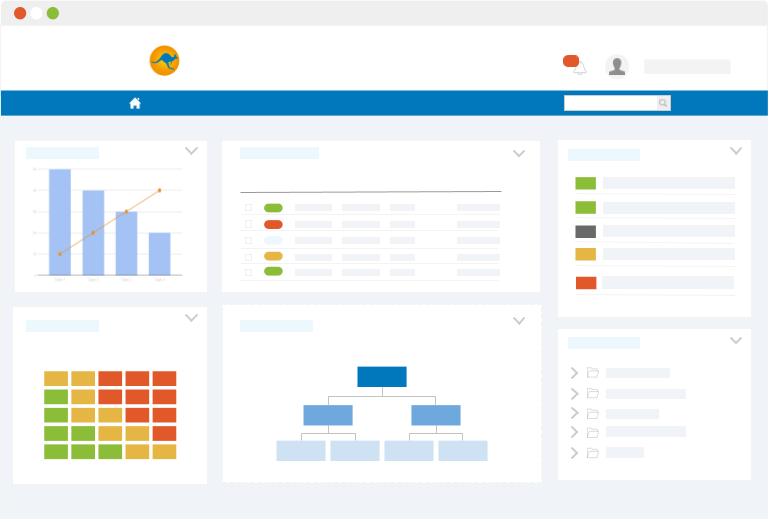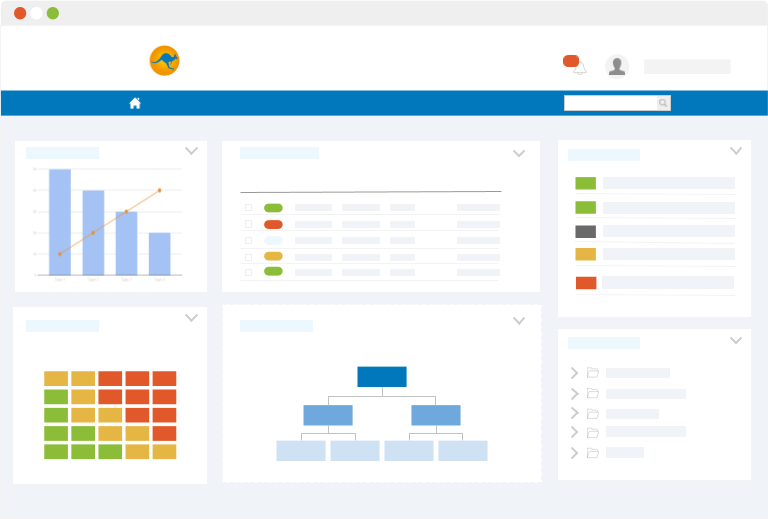What is risk management?
Risk management is the process of identifying, analyzing, evaluating and controlling all risks and vulnerabilities in any organization. Nowadays, organizations have committed to corporate risk management processes. In other words, internal audits and all risk assessment and all methods for assessment have become among the key elements for adopting a successful business strategy.
What is the purpose of implementing risk management?
Risk management aims to identify these specific risks and assess difficulties and vulnerabilities in order to put in place corrective measures and preventive actions to minimize these risks and to reduce their impact on your business strategies and all your processes.
Are there any standards?
There are standards and directives that can help guide companies implement a successful risk management process, such as: the ISO 31000 standard. It aims to help and guide organizations to implement risk-based decision making into governance, planning, management and reporting processes through systematic and logical approaches. In fact, the risk management plan should continuously be monitored and if necessary renewed and updated.
The main steps of risk assessment
A risk management plan starts with the identification of all the potential risks in your company: so, it is a global vision of all the risks and vulnerabilities that can affect your business processes.
Then, you move to the evaluation and assessment of these risks: this step aims to fully understand, in fact, how these risks will affect the processes in place and even your employees and their health. Finally, the final step is: mitigating, controlling and monitoring the protective measures that you have decided to put in place. You will then provide a healthy and a safe workplace for your employees and protect all your business strategies by implementing these successful protective measures.
In the end one should never forget to keep all the records, especially the risk assessment form! It will allow you to review and update your processes if necessary. In fact keeping all the records is a legal obligation in the risk management processes.
How can risk management benefit from digital technology?
Nowaday, companies deal with large amounts of data and sometimes with simultaneous various activities. Therefore, the challenge is greater to improve and engage in an efficient and effective risk management plan.
A dedicated digital platform allows you to efficiently manage all the documents of the different departments, the results of internal and external audits, the risk assessment plan itself and all the corrective and preventive actions that you have to put in place.







